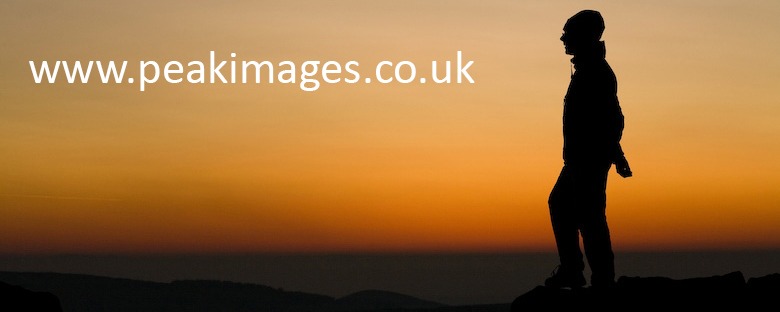Quite simply a creative work which has lost the information that would tell a viewer who created it.
Why are Orphan Works a problem for Photographers?
Because in the case of digital photographs, the information on who created (and owns the Copyright in) the image is scarily easy to remove. Some software does it automatically, without any knowledge of the user. Some less scrupulous operators remove it deliberately for their own purposes. However it happens, once that information on who the copyright holder is has gone, the image is an Orphan Work. And that puts it squarely in the sights of the the Digital Economy Bill, which the Government wants to enact. Which allows thieves to use that image with impunity.
Once an image becomes an Orphan Work, then it’s effectively free for the Government to licence at whatever rate they determine (which is very unlikely to take into account the true cost of producing that image by the creator), and hold the money in the (unlikely) event that the original creator discovers the use of their work. (Creator, as it’s not just photographers this affects, though it affects us the most). Meaning that unscrupulous operators can easily remove the identifying information then use the image without paying the creator the money that funds their business in creating such images.
And that can also be for uses that were never intended, and would never be licensed by the original creator. For example an image that was taken for use in a magazine to illustrate a specific point, with a great deal of context around it. That image once “Orphaned”, may then be licensed by the Government, with effective impunity, for advertising eg the BNP or a religious cult, or an embarrassing medical product or a campaign against AIDS to think of a few things that most folks may not want their image being used to advertise!
In a nutshell, it makes a complete mockery of any business that creates and licences images – and photographers and image libraries have every reason to be very worried by this Bill. After all, in an article to the British Journal of Photography, Paul Brown, BAPLA’s chairman puts it very succinctly “Imagine a photographer losing control of every image they shoot. Imagine not being able to instruct anyone how you want your work marketed or respected. Imagine not being paid directly for an image usage, but having to claim for a random share of an unknown pot of money. This is completely untenable and unacceptable.”
Why was the government wanting to introduce legislation over Orphan Works?
You may wonder why the Government would be trying to introduce such a thieves charter. Well, there is a real problem that currently museums and art galleries can’t show some old works of art to the public, for fear of being sued for copyright as they no longer have any way of discovering who the original creator was. However, these are very much the minority and very few people would argue that there shouldn’t be some kind of exception to allow such cultural use. But to extend it to wholesale sale of all images for commercial use by any business is just wrong. And that’s what the Government seems to have expanded an originally noble idea to encompass in their Digital Economy Bill. It’s not the only problem that exists with this Bill, but it is a very critical problem for all photographers – professional and amateur alike – who place their creative works anywhere where a thief can acquire them (especially, but not exclusively, the internet).
So what can I do to help against the photographers nightmare of Orphan Works?
Read here for more info.
